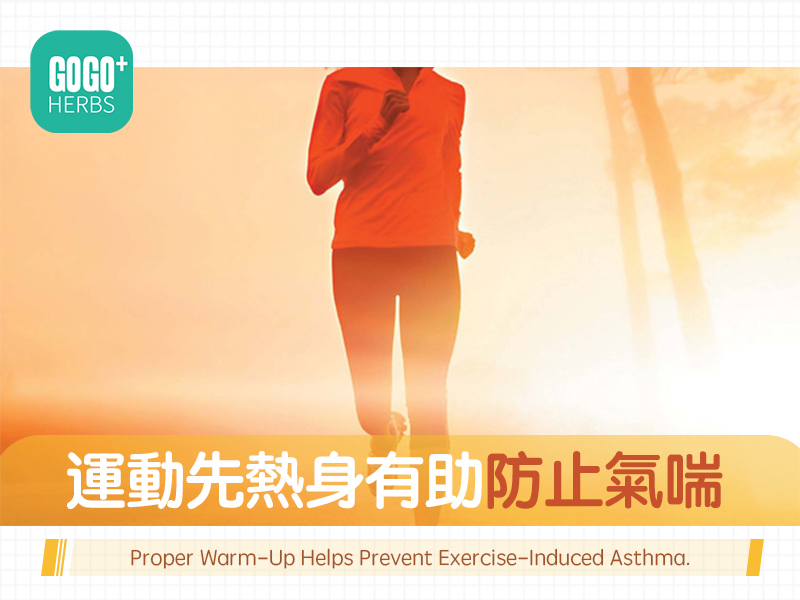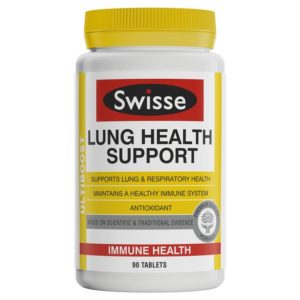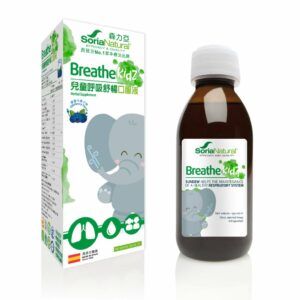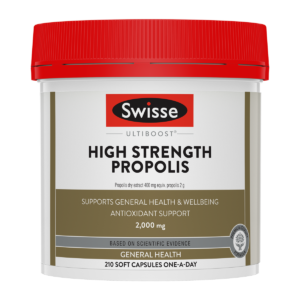
Warming up before exercise helps prevent asthma
Have you ever had a cough, asthma or chest tightness during exercise? Have you ever felt extremely tired and short of breath from a strenuous workout? If you have experienced similar symptoms, you may be suffering from exercise-induced asthma.
In the United States, about seven per cent of the population has had an episode of asthma while exercising. One in six athletes on the U.S. team for the 1996 Olympics had a history of asthma.
According to one study, 80% of patients with asthma will have asthma attacks during exercise, and nearly 40% of patients with allergic rhinitis alone will have asthma symptoms during exercise.
Typical exercise wheezing usually occurs within 5 to 20 minutes after exercise and symptoms includecoughThe symptoms include asthmatic sounds, chest tightness, and even chest pain. Other symptoms such as sudden onset of shortness of breath can occur as soon as five to ten minutes after exercise.
The actual cause of this type of asthma is uncertain, but is generally believed to be related to respiratory sensitivities and changes in the respiratory tract in response to ambient temperature and humidity.
During normal breathing, when air enters through the nose, the mucous membrane of the nasal cavity will change the dry and cold air into warm and humid air, which then enters the alveoli through the bronchial tubes for gas exchange. However, during strenuous exercise, because of the rapid increase in the volume of air exchange, the air enters the bronchial tubes directly from the mouth, and the cold, dry air directly stimulates the walls of the bronchial tubes, resulting in bronchial spasm, which leads toThe onset of asthmaIn addition to this. In addition to this, excessive airborne pollutants, pollen, second-hand smoke, or respiratory infections in the athletic environment can trigger the onset of exercise-induced asthma.
The diagnosis of exercise-related asthma is based on medical history and post-exercise pulmonary function tests. Physicians can use spirometers to measure changes in lung function before, during, and after an athlete stops exercising. If the expiratory volume in the first second decreases by more than 12 to 15 per cent from the pre-exercise value, the athlete is most likely suffering from exercise-induced asthma.
Just because you have asthma doesn't mean you've lost the right to exercise. Choosing the right type of exercise can help you avoid recurring episodes. Swimming is generally considered the most suitable exercise because the environment is warm and humid, the muscles of the body move regularly, and the horizontal position helps the mucus in the lungs to move. Walking and cycling are also good options. Vigorous sports, such as basketball, football, sprinting and baseball, are not recommended for this group because they require explosive energy and do not allow for effective control of breathing patterns.
How to prevent the occurrence of asthma? Firstly, the use of inhaled short-acting sympathomimetic neurotransmitters can effectively control and prevent the onset of asthma 15 minutes before exercise. Up to 90% of patients can be well controlled, and the preventive effect can last for four to six hours. Even in the unfortunate event of an asthma attack, these drugs are effective in reducing the severity of the symptoms.
In addition to medication, warming up before and easing off after exercise are even more important. As I mentioned earlier, exercise-related asthma is most often caused by the direct impact of dry, cold air on the body.Stimulation of the tracheal wallThe jogging before and after the exercise can make the air temperature inside the lungs slowly rise and fall with the intensity of the exercise, so as not to cause asthma due to the rapid change in temperature.
If you have ever suffered from asthma, you must be more careful when engaging in sports and seek medical help if necessary to avoid serious after-effects. As long as you take precautions and get proper treatment, you can still enjoy the fun of sports and even compete for your country in the Olympic Games.






































































